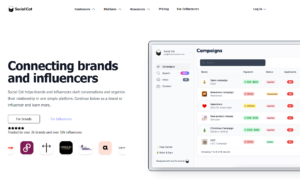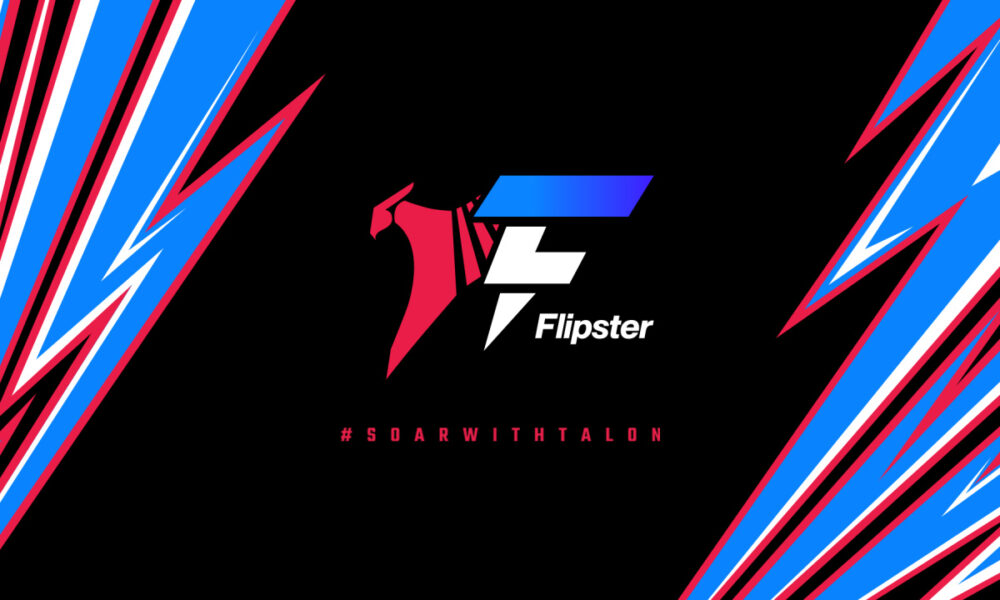After Call Work (ACW), the tasks agents perform following a customer call, is a critical component of call center operations. This time is used for updating customer records, logging call details, and completing necessary follow-ups.
For example, if a customer has completed their payment after a collection call, the agent has some work starting with the paperwork. The agent needs to mark the payment and do other post-call tasks before making the next call.
While essential, excessive ACW can lead to reduced efficiency, longer wait times for customers, and increased operational costs. This blog post explores effective strategies to minimize ACW, aiming to enhance both agent performance and customer satisfaction.
Understanding the Impact of ACW
ACW, though seemingly a small part of the call process, has a significant impact on call center dynamics. It directly influences key performance indicators like Average Handle Time (AHT) and service levels.
-
Crucial time for feedback
When an agent is just done with a customer interaction, that’s the best time to give them feedback. Strike while the iron is hot.
For instance, if a team manager is monitoring a customer query that has been escalated, it’s ideal to give the agent some quick feedback after the call.
-
Reduce average handling time
A customer called their broadband provider as they weren’t receiving any network. Realizing that the plan was over, they changed their plan.
Despite the query being resolved, the customer called back in 2 weeks for some clarity regarding their previous query. If there were no after call notes or summaries created, it would result in the agent having to keep the customer on hold.
When a customer calls with a query that is related to the last time they called, agents should be able to respond quickly. If it is delayed, the handle time increases due to incomplete after call work.
-
Provide a smooth customer experience
A customer has initiated a cashless treatment for their hospitalization. The agent they spoke with the first time was on leave.
When the customer calls regarding their claim, service shouldn’t be disrupted because they got connected to a different agent.
hen after call work is done efficiently, it can provide customers with a smooth and memorable support experience.
The ACW Process
-
Create notes and summaries
Agents need to create notes and a call summary based on each customer call they’ve done. This summary can be extremely useful for other agents when they interact with the same customer later.
Apart from guidelines for when the customer calls next, it is also crucial for customer queries that weren’t resolved in the first contact.
-
Take the next steps
In cases where a customer’s query should be forwarded to the next team, this is the time for that. Any other post-call work is done at this stage.
-
Assign follow-ups
Every customer call should have a follow-up. When customers receive a follow-up call to their query, it can improve customer satisfaction.
-
Update the CRM
When customer details aren’t consistently updated in the CRM, it can be difficult for agents to help customers.
-
Evaluate feedback
Any constructive feedback can help improve a stagnant system. Agents should be open to receiving feedback.
Strategies to Reduce ACW
ACW can be reduced by implementing well-thought-out changes and investing in the right call center technology. A blend of streamlining processes and updated technology is all it takes to reduce the amount of time spent on after call work.
But before we look at the methods to reduce ACW, there’s one thing that needs to be ensured. The team leaders and management should develop a certain ACW standard relevant to each team.
Without a proper standard in place, these strategies can’t create significant changes. For a well-oiled cog to work, it should be put in the right place.
Now that is clear, let’s understand different strategies for reducing ACW.
-
Optimize Call Handling Techniques
Training agents to handle calls more effectively is crucial. This involves teaching them to address customer queries comprehensively within the call duration, reducing the need for extensive after-call work.
Techniques like active listening, precise questioning, and confirming understanding can make calls more efficient.
-
Leverage Technology and Automation
Investing in modern software solutions can drastically reduce ACW. Customer Relationship Management (CRM) systems that automatically log call details and AI tools that generate call summaries can save agents significant time.
Predictive analytics can also provide agents with real-time information and suggested solutions, reducing the need for extensive post-call research.
-
Streamline Processes and Workflows
Simplifying the processes involved in ACW can lead to substantial time savings. Standardizing templates for call notes and creating a well-structured process for different call types can ensure consistency and speed.
Eliminating redundant steps in the documentation process also contributes to reduced ACW time.
-
Enhance Training and Support
Ongoing training sessions are essential to keep agents updated on best practices for efficient call handling and ACW management. Support structures like team huddles, where agents can share tips and challenges, and mentorship programs for new agents, can foster a culture of continuous improvement.
-
Gather and Utilize Feedback
Regularly collecting feedback from agents about their ACW challenges can provide insights into areas needing improvement. Additionally, customer feedback can be a valuable source of information for streamlining call processes, as it highlights areas where calls could be handled more effectively.
Improvements in ACW
Several call centers have successfully implemented these strategies to reduce ACW. For instance, a tech support center introduced AI-based tools for call summarization, reducing their average ACW time by 30%.
Another example is a customer service center that revamped its training program, focusing on efficient call resolution techniques, which resulted in a 25% decrease in ACW.
The Impact of Reduced ACW Times
Reducing After Call Work (ACW) in call centers is crucial for maintaining operational efficiency and enhancing customer satisfaction. By optimizing call handling techniques, leveraging technology, streamlining processes, enhancing training, and utilizing feedback, call centers can significantly reduce the time and resources spent on ACW.
Continuous evaluation and adaptation of these strategies are key to staying relevant and efficient in the dynamic environment of customer support.



































